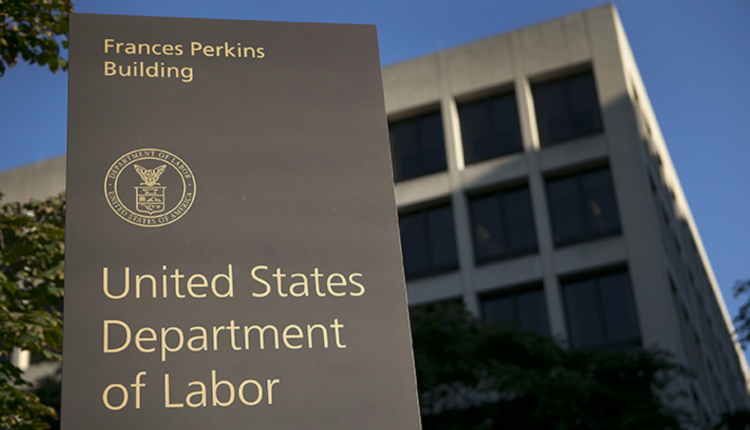
DOL Finalizes Overtime Threshold of $35K
By Janis Reyes, Assistant Chief Counsel
On September 24, 2019, the Department of Labor (DOL) released a final overtime rule, which sets the minimum salary for the exemption from overtime pay under the Fair Labor Standards Act (FLSA). The minimum salary threshold for this exemption was raised from $23,660 to $35,568 a year. This final rule is a slight increase from the proposed rule, which set the threshold at $35,308. Employees making under $35,568 a year would be entitled to overtime, or non-exempt. While this final rule is an almost 50 percent increase in the minimum salary threshold, this is a more moderate increase than a 2016 DOL final rule which set the minimum salary threshold at $47,476. The 2016 final rule never became effective due to legal challenges. The 2019 final rule is effective on January 1, 2020.
Advocacy has been very involved in this rulemaking and has held multiple roundtables across the country and written comment letters on this issue on behalf of small businesses. Small businesses were concerned that DOL’s 2016 final rule would have been disruptive for their companies, particularly those in the South and in nonprofit, government, and retail sectors. Most small businesses have told Advocacy that they supported the more moderate $35,308 minimum salary threshold in the March 2019 proposed rule. Small businesses in rural areas in the South expressed concern that even this minimum salary threshold was still too high and recommended a lower salary threshold. DOL did not adopt these recommendations. DOL estimates that the annualized cost savings from this final rule is $534.8 million dollars, as compared to the 2016 rulemaking.
The final rule allows employers to use non-discretionary bonuses and incentive payments (including commissions) that are paid annually or more frequently to satisfy up to 10 percent of the salary level. The final rule also has a commitment to periodic review to update the salary threshold, and which would be done in a notice-and-comment rulemaking. Employers must act quickly to meet the effective date of January 1, 2020. Employers should evaluate their exempt workforce and determine which workers are now eligible for overtime pay. To determine who qualifies for the overtime exemption, an employee must be salaried, be paid at least a weekly salary threshold of $684 a week (or $35,568 a year) (the ‘salary test’), and primarily perform executive, administrative or professional duties (the ‘duties test’). Employers can institute a variety of measures to minimize their overtime costs, such as increasing the salary of these affected workers to meet the minimum salary threshold or minimize overtime hours. There are also additional workforce changes that can be completed to meet these requirements. As required by the Regulatory Flexibility Act, DOL has released a Small Business Compliance Guide that can be found here. DOL’s Wage and Hour Division also has a wage hotline at:
1-866-4-US-WAGE.
Janis Reyes is the Assistant Chief Counsel for Labor and Immigration. She can be reached at Janis.Reyes@sba.gov.
